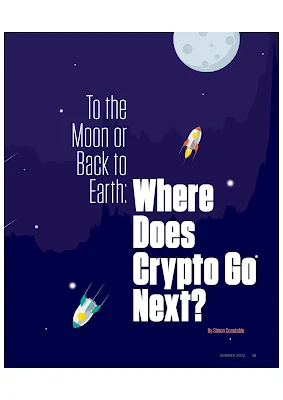By SIMON CONSTABLE
A key economic indicator continues to show weakness in China
Steel production in the second largest economy was down 6.5% in the first six months of the year versus the same period a year earlier, according to World Steel Association data. Read more here.














.jpg)
